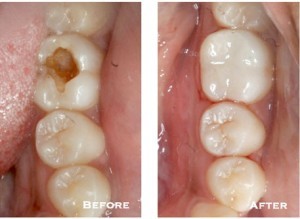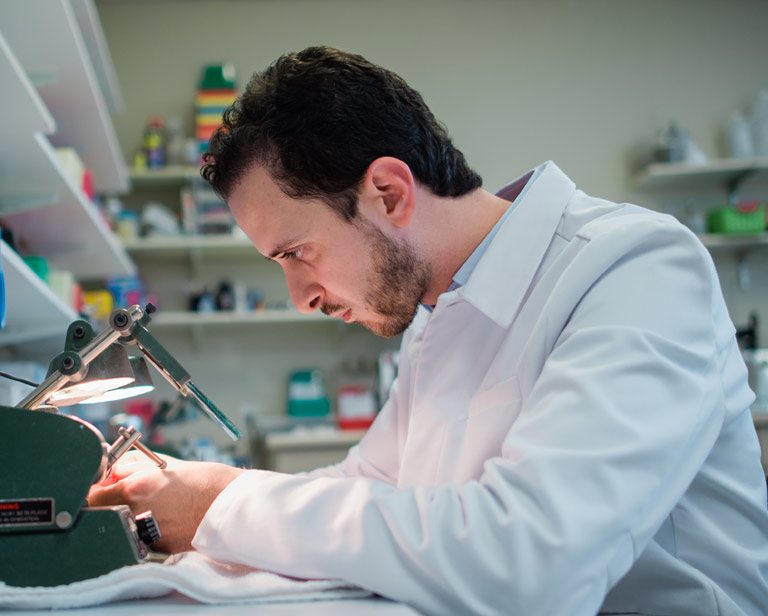I don’t understand it. I had the same dentist for 12 years until I moved to Albany two years ago. The first dentist I chose relocated, and I’ve had my new dentist for more than a year. She is a holistic dentist, and I like her a lot, but I’ve had three cavities in one year since seeing her. I haven’t had a cavity since I was a teenager. I’ve only had two dental cleanings at this practice. I have not changed my oral hygiene habits, so that’s not the problem.
The dentist says something else may be contributing to the cavities, and she asked me about any new medication that may be drying my mouth. I’ve been taking Ditropan for two years for an overactive bladder, and the dentist said that could be the problem. Can I trust this dentist? Could dry mouth cause cavities that quickly? And why? Thank you. Idara
Idara,
Thank you for your question. Dr. Tostado or Dr. Acuña would need to examine your teeth and review your medical, dental, and prescription histories for an accurate diagnosis. It is unlikely that your cavities are associated with your holistic dentist. Still, we will explain how dry mouth can cause cavities.
Why Can Dry Mouth Cause Cavities?
A dry mouth can cause cavities because saliva washes away food debris and prevents it from eroding tooth enamel. Saliva also neutralizes the acid in your mouth that can damage tooth enamel. If your mouth is consistently dry, your teeth can demineralize quickly, and cavities can develop.
How Does Medication Affect Dry Mouth?
Some medications affect the salivary gland and decrease production. When that happens, biofilm, acid, and bacteria cause tooth decay.
How Can You Treat Dry Mouth?
You can treat dry mouth with the following precautions:
- Drink plenty of water during the day. Keep a water bottle with you to sip water throughout the day. You can even rinse your mouth with water several times daily to wash debris away from your teeth.
- Limit acidic drinks. Sodas, coffee, and some teas are acidic and increase the risk of tooth erosion.
- Ask your dentist for help. Your dentist can recommend a saliva substitute or lubricating mouthwash to protect your oral tissue and teeth.
- Monitor nighttime oral habits. If you snore or breathe through your mouth at night, it will increase dryness. If you have nighttime habits that can dry out your mouth, talk to your dentist about a dental appliance that minimizes the habits.
What About Your Cavities?

Get health tooth restorations from a dentist who practices holistic or bioimimetic dentistry
If you have developed cavities from dry mouth, please do not leave them untreated. The decay will only spread and make treatment more challenging and costly. Your dentist will explain biomimetic treatment methods that preserve your healthy tooth structure after removing the decay.
San Antonio dentists Dr. Gilberto Tostado and Dr. Karina Acuña sponsor this post.


